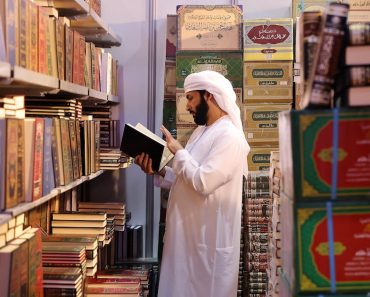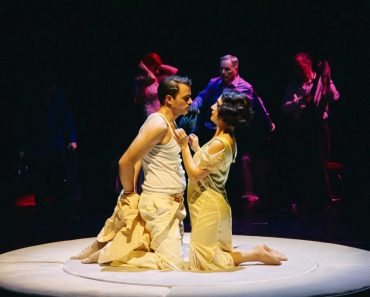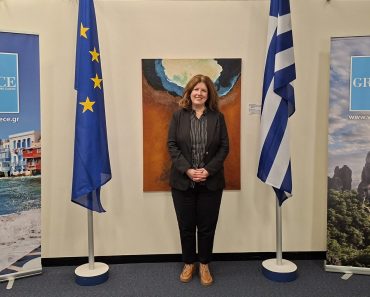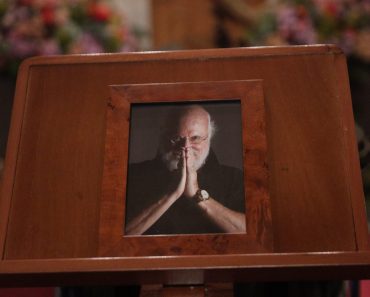The first light of dawn spilled across the steps of the Voortrekker Monument on 23 October 2025, washing the sandstone walls in gold. Beneath that rising sun, history met language in a moment of deep symbolism. It was here that the Afrikaanse Hoër Seunskool (Affies) and the Federation of Afrikaans Cultural Associations (FAK) unveiled a publication unlike any before it, the Greek Afrikaans Word List.
The book, the first of its kind, traces Afrikaans words that can be followed all the way back to ancient Greek, the language often called the mother of Western civilisation. What began as a personal curiosity for one man evolved into a cultural bridge connecting two vastly different worlds: the ancient Mediterranean and modern Southern Africa.
A diplomat’s curiosity becomes a cultural bridge
When His Excellency Antonis Mandritis arrived in South Africa in October 2021 as the High Commissioner of Cyprus, his mission extended far beyond diplomacy. He wanted to understand the soul of the country and, more specifically, the spirit of the Afrikaans-speaking community.
“Soon after I arrived, I bought an Afrikaans-English dictionary,” Mandritis recalls. “As I paged through it, I noticed something extraordinary. Many Afrikaans words looked and sounded strikingly similar to Greek. It was like finding my own heritage woven into another people’s story.”
Fascinated, he approached Affies to assist in confirming and expanding his findings. The school appointed historian and educator Dirk Taljard to lead the research. Together they began tracing each word through respected linguistic sources such as the Woordeboek van die Afrikaanse Taal, the Handwoordeboek van die Afrikaanse Taal, and the Etimologiewoordeboek van Afrikaans. Only words with a direct origin in Greek were included.
What emerged was a document of discovery and connection. A record not only of words, but of the ideas and philosophies that shaped them.
Where two languages meet
The publication was edited and released by the Virtual Institute for Afrikaans (VivA), with digital access for the public and a limited number of printed copies. The FAK soon joined the initiative, recognising it as a shining example of how culture can transcend time and geography.
At the official launch, held at the foot of the Voortrekker Monument, Mandritis addressed an audience of scholars, learners, and cultural leaders. His words captured both gratitude and wonder.
“It is a great honour to present the Greek Afrikaans word list,” he said. “Afrikaans is one of the youngest Indo-European languages, yet within it lives the echo of ancient Greek thought. From Greek came words like “philosophy,” “democracy,” and “theatre,” concepts that shaped the way humanity reasons and believes.”
Mandritis spoke of logos, the Greek word for “reason” or “word,” as the foundation of human understanding. “Through logos came logic, and through logic came the celebration of the human spirit. The pillars of Western civilisation rest on Greek and Roman culture and the Christian faith. Even the New Testament was written in Greek. Language carries belief, identity, and history.”
A reflection of shared heritage
For Mandritis, the discovery went beyond linguistics. It became a reflection of how Europe’s classical traditions still resonate in South Africa’s cultural and architectural landscape.
“The Afrikaners built institutions on two great pillars, the Greco-Roman world and Christianity,” he said. “You can see it in the neoclassical design of buildings in Pretoria, in the Triton sculpture by Anton van Wouw, and in the work of architect Herbert Baker. This word list is a natural continuation of that legacy. It shows that culture does not fade; it adapts and lives on.”
Taljard described the project as more than an academic exercise. “When a language like Afrikaans, shaped by many influences, looks back to its Greek roots, it reminds us that no language exists in isolation. Language is alive. It grows, evolves, and carries the memory of centuries.”
He believes the word list will also have great educational value. “When learners realise that words like logic or philosophy come from Greek, they begin to see language as a vessel of thought. We should not only protect Afrikaans, we should deepen it.”
Keeping heritage alive
For the FAK, supporting the project was a natural fit. Dawid Brand, Chief Operating Officer for Media, Marketing, and Tourism at the FAK, said it perfectly reflects the organisation’s mission to keep Afrikaans culture vibrant and relevant.
“This Greek Afrikaans word list reminds us that language is made not only of words, but of values and memories,” Brand said. “When we find Greek in Afrikaans, we find a piece of the world within ourselves. Heritage stays alive when people touch it, share it, and grow it.”
He added that the project offers a gift to future generations. “By teaching young people about the depth of their language, we inspire them to speak with pride and understanding, to see Afrikaans as a timeless carrier of identity and dignity.”
From the Mediterranean to the Highveld
Mandritis’s own journey gives the project a personal touch. Having served in countries across the world, from China to Mexico to Israel, he says South Africa stands out as a place where cultures meet in harmony.
“The first Dutch settlers came during the Renaissance, an age deeply influenced by Greek and Roman ideals,” he said. “That spirit of curiosity and faith came with them to Africa. In the Afrikaans language, that legacy continues to live.”
The Greek Afrikaans Word List is now part of VivA’s digital collection, a lasting testament to the power of collaboration between nations, languages, and histories.
As the sun set behind the Voortrekker Monument on that October day, one could not help but sense the symbolism. Ancient Greek light finding its reflection in a modern African tongue. In a world divided by difference, this project offered something simple and profound: a reminder that across centuries and continents, logos still brings light.






